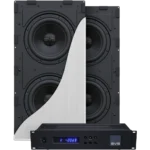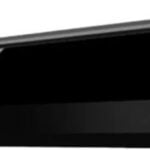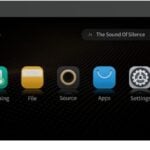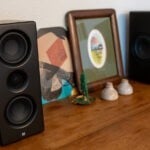Sam Pat
Stunt Coordinator
- Joined
- Jun 15, 2003
- Messages
- 118
I'm an audio noob and I'm slowly and steadily learning more and more about speakers. Today I upgraded my HT Speakers to ones costing considerably more and I want to make sure I take good care of them.
Basically, I want to make myself more sensitive to any signs of speaker distress.
I've heard and recognized very obvious distortion, like when playing a very loud movie scene on my small satellite speakers, I've heard the tweeters make a buzzing noise when they're playing a high-pitched sound. Obviously, I was overdriving them and I backed off immediately.
However, I've been reading that alot of times, distortion isn't so obvious and alot of non-audiophiles don't even recognize it. I read a primer on amp clipping and it said something like most "normal" folk don't recognize light to moderate clipping and can end up damaging their speakers.
Most manuals and people will tell you that when you hear a distorted, harsh or grating sound from your speakers, you should back off or else you will hurt them. But that description is pretty vague. People say that when the sound is "distant" or "thin", distortion is happening. Those are vaguer still.
Can you give me some pointers and guidelines on what to look out for?
If it is indeed so hard to describe in words, perhaps my best bet is to go down to my dealer and ask them to show me what a distorting speaker sounds like.
Basically, I want to make myself more sensitive to any signs of speaker distress.
I've heard and recognized very obvious distortion, like when playing a very loud movie scene on my small satellite speakers, I've heard the tweeters make a buzzing noise when they're playing a high-pitched sound. Obviously, I was overdriving them and I backed off immediately.
However, I've been reading that alot of times, distortion isn't so obvious and alot of non-audiophiles don't even recognize it. I read a primer on amp clipping and it said something like most "normal" folk don't recognize light to moderate clipping and can end up damaging their speakers.
Most manuals and people will tell you that when you hear a distorted, harsh or grating sound from your speakers, you should back off or else you will hurt them. But that description is pretty vague. People say that when the sound is "distant" or "thin", distortion is happening. Those are vaguer still.
Can you give me some pointers and guidelines on what to look out for?
If it is indeed so hard to describe in words, perhaps my best bet is to go down to my dealer and ask them to show me what a distorting speaker sounds like.





